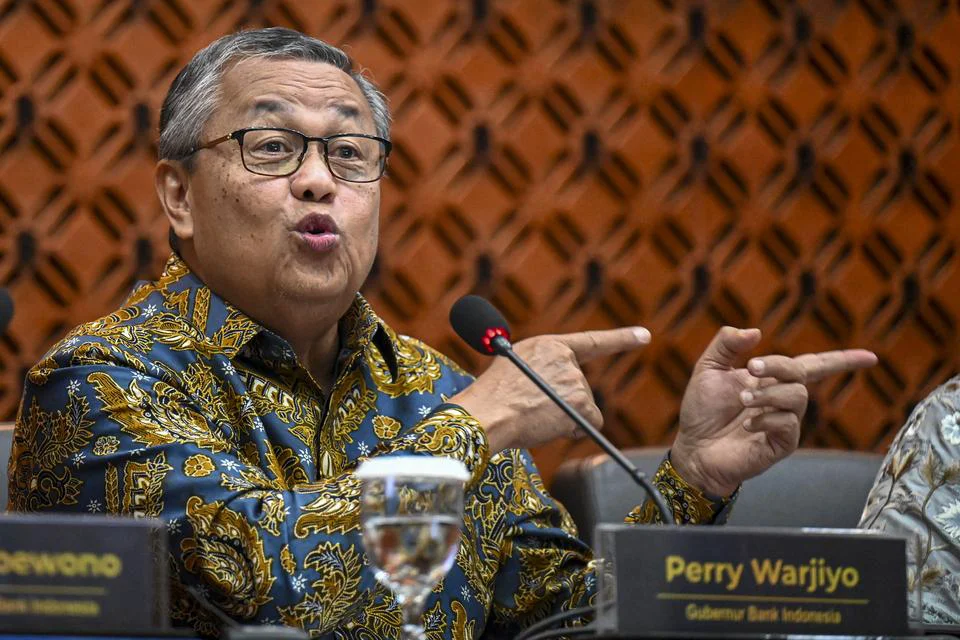Indonesian BI Governor Criticizes CEPA as a Solution for US Trade Wars
“ICA-CEPA provides strategic access to North American markets, allowing us to market our products to Canada and the US more effectively,” Budi stated. He also noted that the agreement could facilitate direct exports of crude palm oil (CPO) to Canada, further strengthening Indonesia’s trade presence in the region.
Meanwhile, the Indonesian government is also advancing negotiations on another critical agreement, the Indonesia-EU CEPA (IEU-CEPA). Talks for this deal began in 2016 and have so far undergone 19 rounds of negotiations, with the latest round completed in July 2024. The agreement aims to enhance Indonesia’s market access to the European Union and promote trade diversification.
Coordinating Economic Minister Airlangga Hartarto recently announced that IEU-CEPA is in its final stages. The government has set a target to conclude negotiations by the first half of 2025. “We are committed to finalizing IEU-CEPA by mid-2025,” Airlangga said during a recent economic outlook forum in Jakarta.
This agreement is expected to play a significant role in boosting Indonesia’s trade with the EU. It reflects the government’s broader strategy to strengthen the country’s export performance and reduce its reliance on a few key markets.
While Perry Warjiyo and Budi Santoso offer contrasting views on the effectiveness of CEPA, both agree on the importance of enhancing Indonesia’s export competitiveness. As the country navigates evolving global trade dynamics, a mix of bilateral and multilateral strategies may be essential to safeguarding economic growth. (Uki Ruknuddin)



























Tinggalkan Balasan